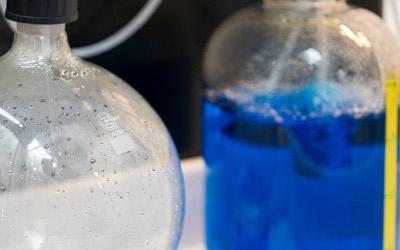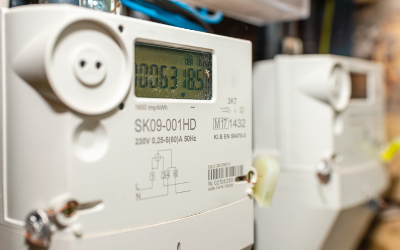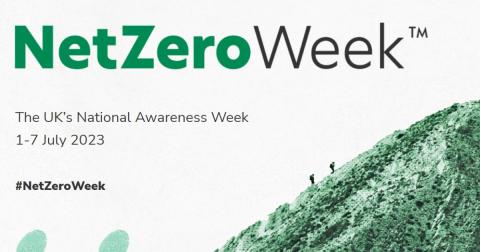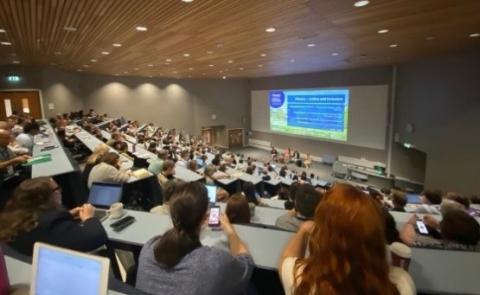Sustainability news
OU Report: How businesses can get ahead with ESG
ESG is discussed in board rooms but lack of skills is holding back action, according to new report by The Open University
Coping with Climate Change – garden survival!
by Mike Paice, Insight Manager
It’s not hard to see climate change impacting our gardens. Around Milton Keynes where I live, for example, we went from a 30° heatwave and drought conditions to 15° with high winds and flooding within the space of a few days in September. These unpredictable and extreme conditions are being felt all over the UK. And our gardens are suffering.
International conference to review progress of sustainability research
Sustainability research with a particular emphasis on energy and environmental fields topped the bill at a conference hosted by The Open University (OU) in July 2023. The Sustainable Processes Linked for an Integrated Circular Economy (SPLICE) 2023 conference connected research, industry, and policy experts from international institutions. SPLICE is an OU-led project, which has been supported by funding under the Sustainability stream of the OU’s Societal Challenges themes. SPLICE 2023 focused on research excellence across a range of topics:
OU research informs digitalisation of energy sector
OU researchers have received £621,000 for their role in the digitalisation of training materials for the energy sector.
NZW x OU: ‘Net Zero Skills and the Role of Universities’
The Open University is an official partner of Net Zero Week and hosted an event on ‘Net Zero Skills and the Role of Universities’ in July 2023.
Go Green: Climate Risks with Ann Cummings
In this month's workshop, Ann Cummings (Senior Project Manager) talks about the risks that our planet faces as a result of our changing climate and how we tackle these issues. We listened to the ways our staff are adapting to extreme weather at home, in their communities and in the workplace.
Watch the full video here:
The EAUC Annual Conference 2023: in Kathleen and Franzi's words
The EAUC Annual Conference 2023: Conversations on Climate Solutions was held at the University of Bath at the end of June and several OU colleagues were in attendance. Kathleen Calder, Senior Learning Designer, LDS, and Franzi Florack, Senior Strategy Manager, Strategy Office have shared their experiences in this blog post.
Black History Month catch up
Watch the recorded presentations from The Open University’s Black History Month event in October 2022 here.
Go Green x Sustainable(ish): 50 Shades of Green
Joined by Jen Gale from Sustainable(ish), Go Green discusses the Sustainable(ish) ideas around progress over perfection when incorporating sustainable actions into our everyday lives, and some of the things we can do to change our homes and lifestyles, as well as call for systematic change.
Watch the full video here:
Go Green x Sisters Against Plastic
Sisters Against Plastic (Mary and Theresa) are ‘normal people’ who noticed just how much plastic they were using. Shocked and concerned, they went on a yearlong ‘plastic diet’, tackling the everyday (and obscure) plastics in their lives. Now experts in plastic pitfalls and top tips for reducing plastic consumption, the Sisters Against Plastic inspire people to give cutting down on plastic a go and try more environmentally friendly alternatives. In this session they show us their easy swaps around the home and how you can start making these changes to go on a 'plastic diet'.
Contact our sustainability team
For more information contact our sustainability team.




